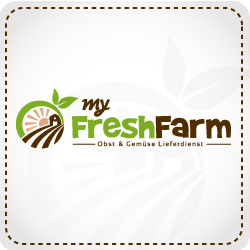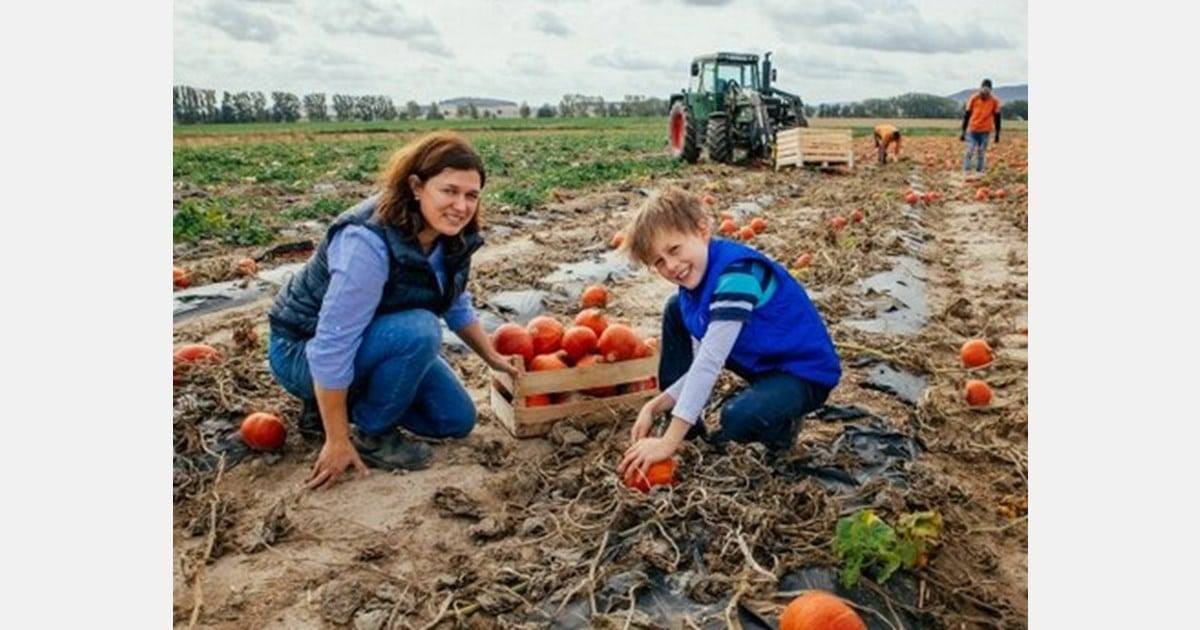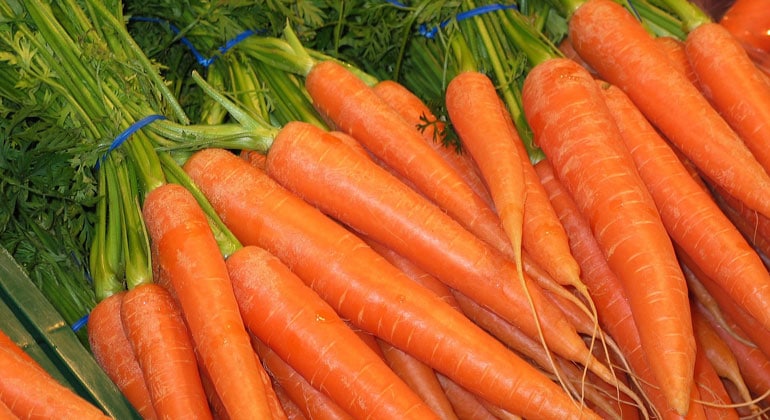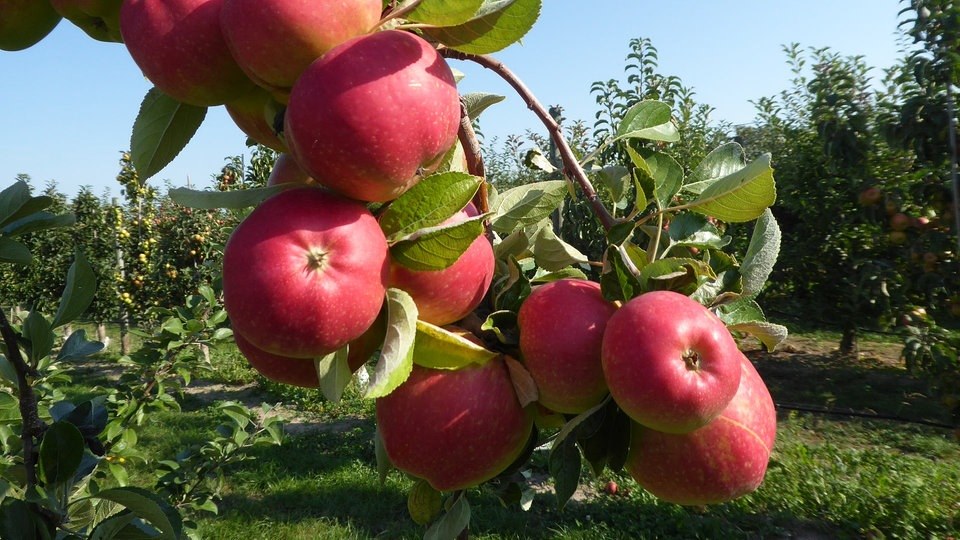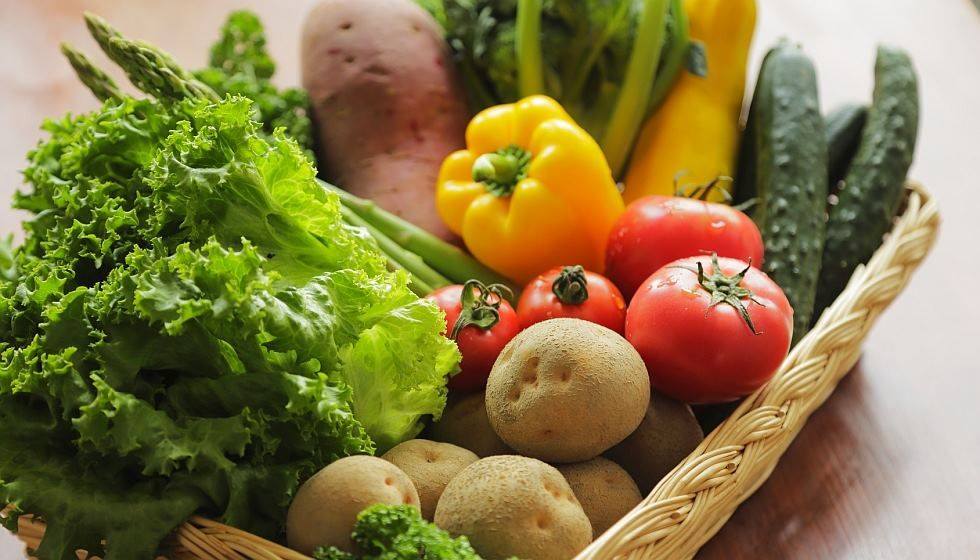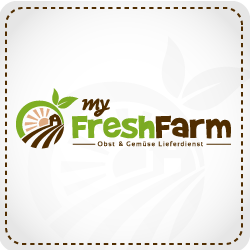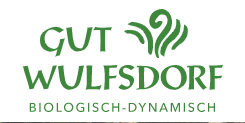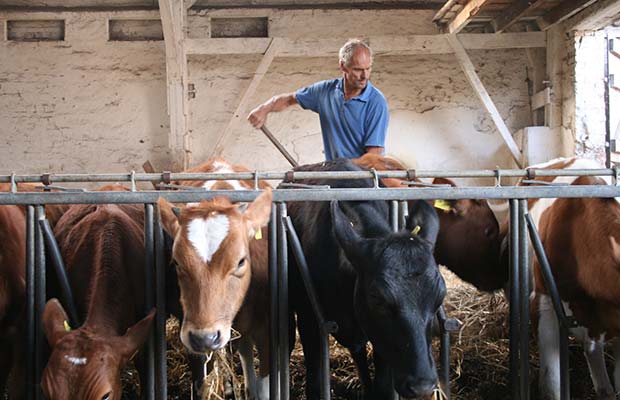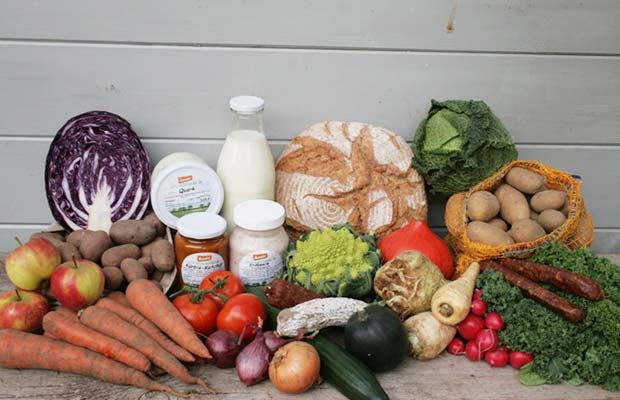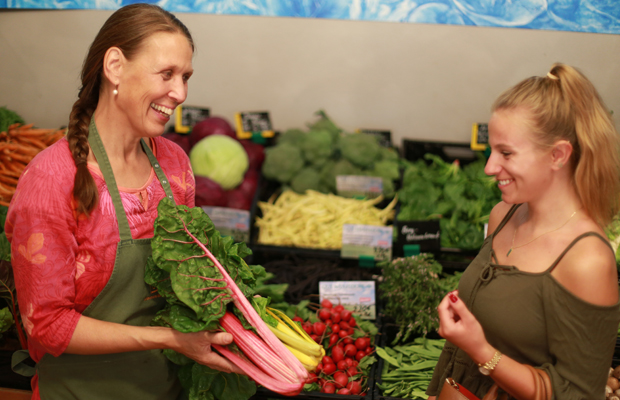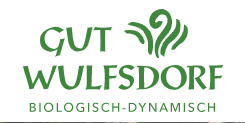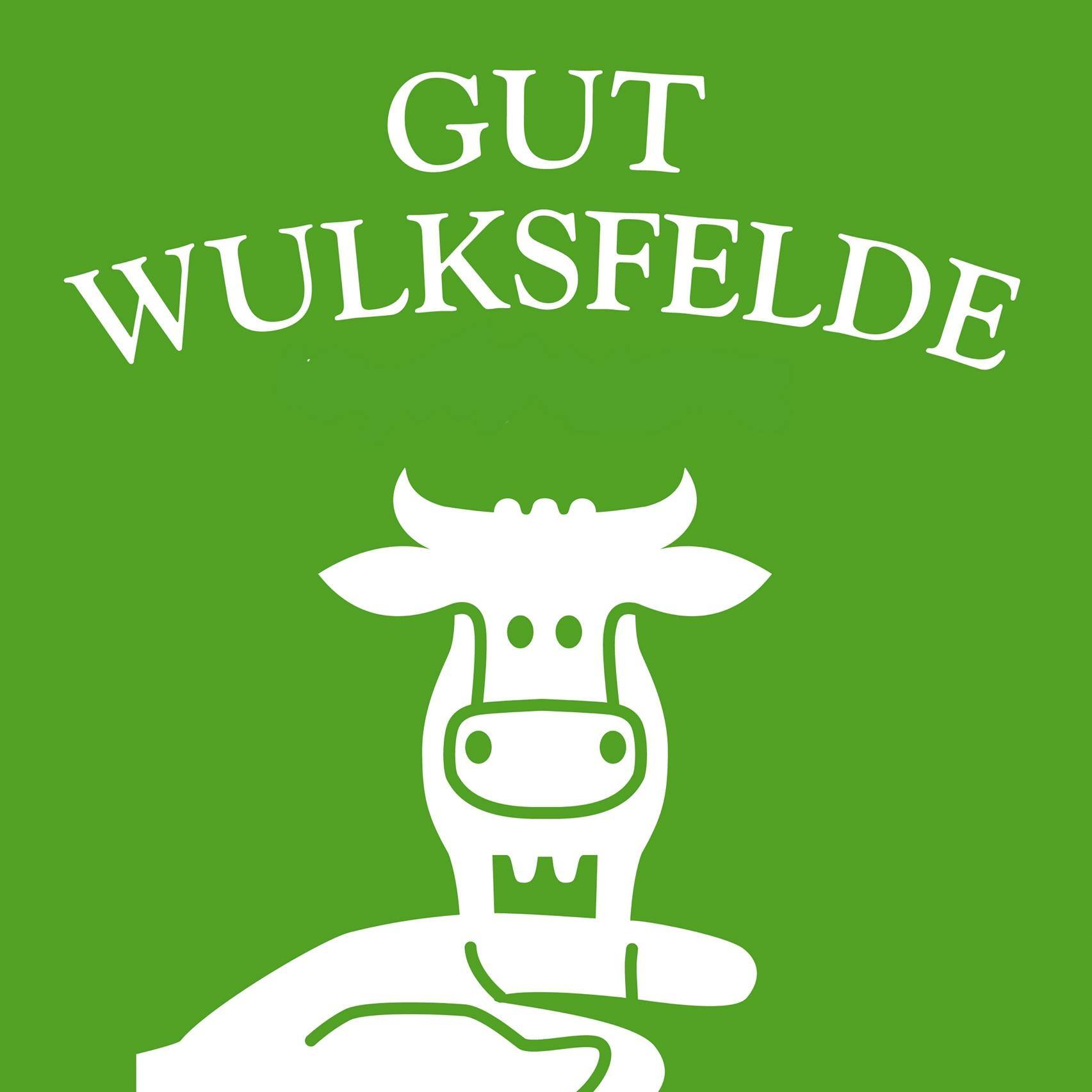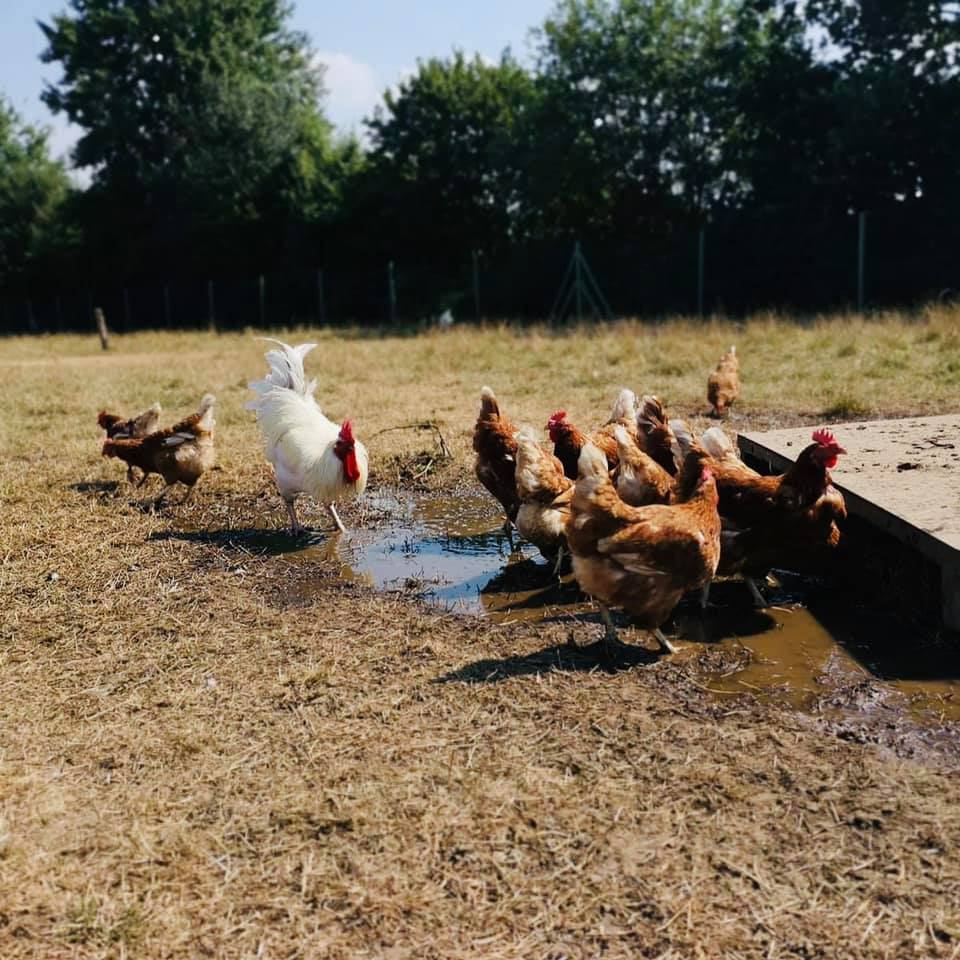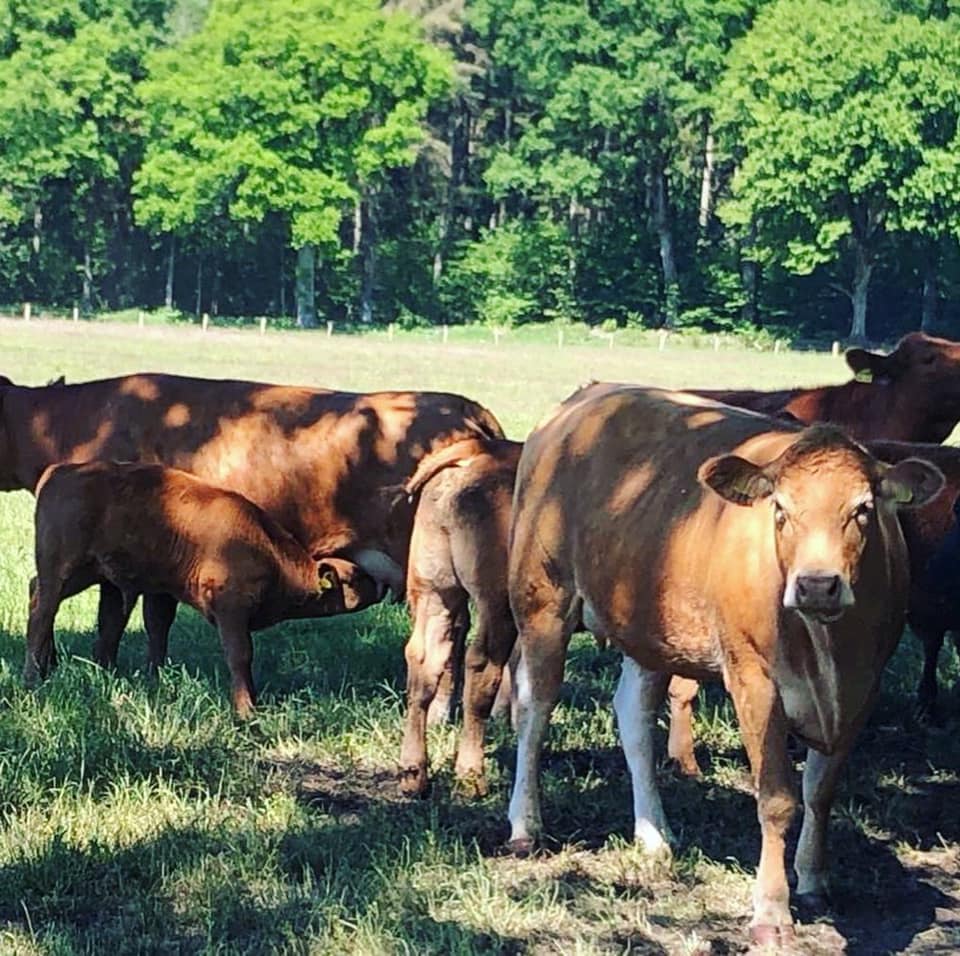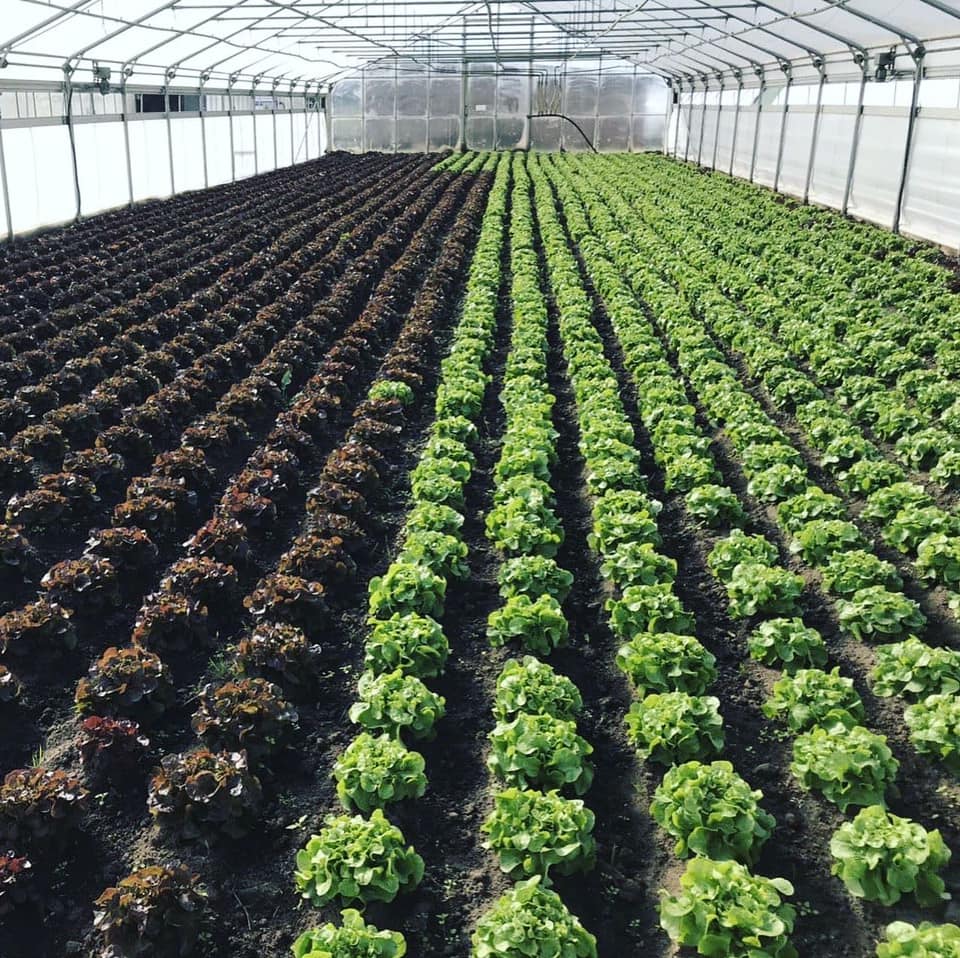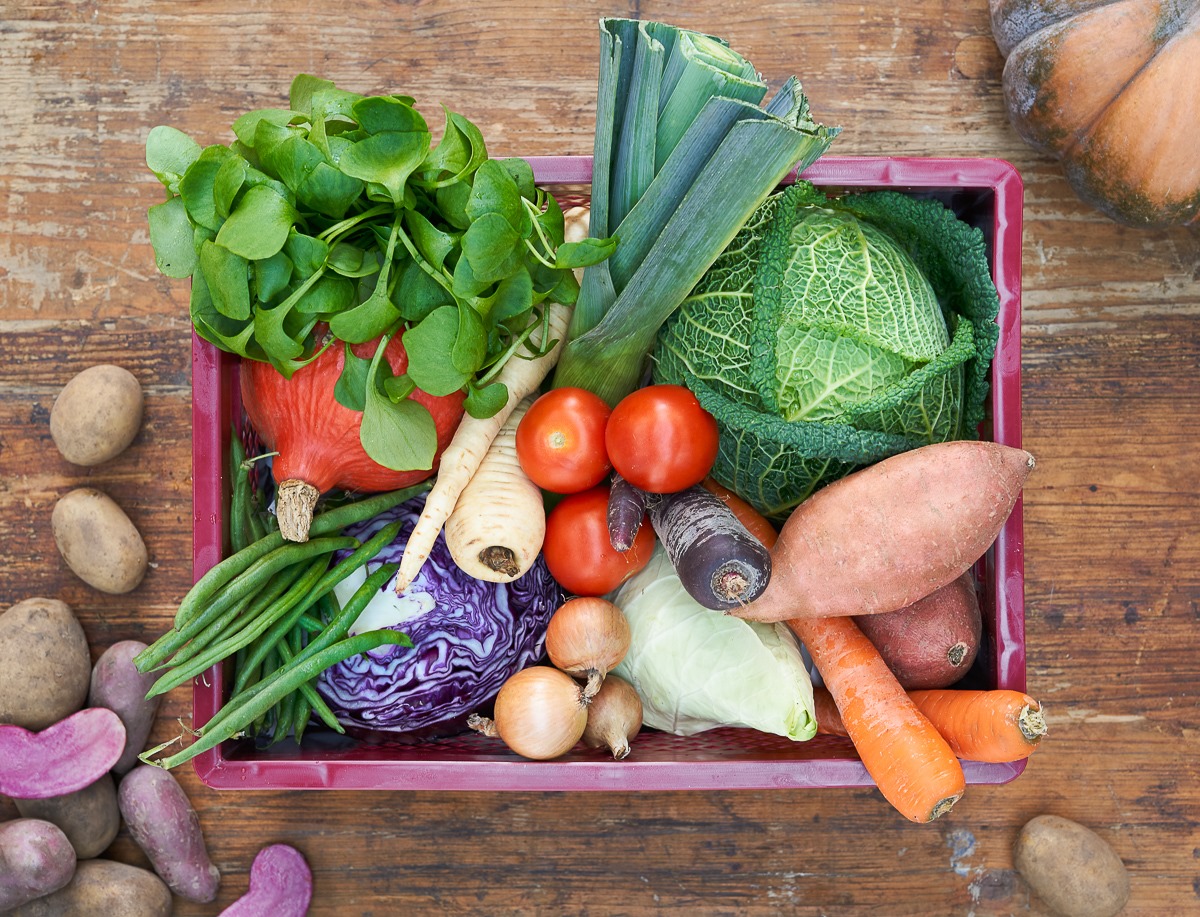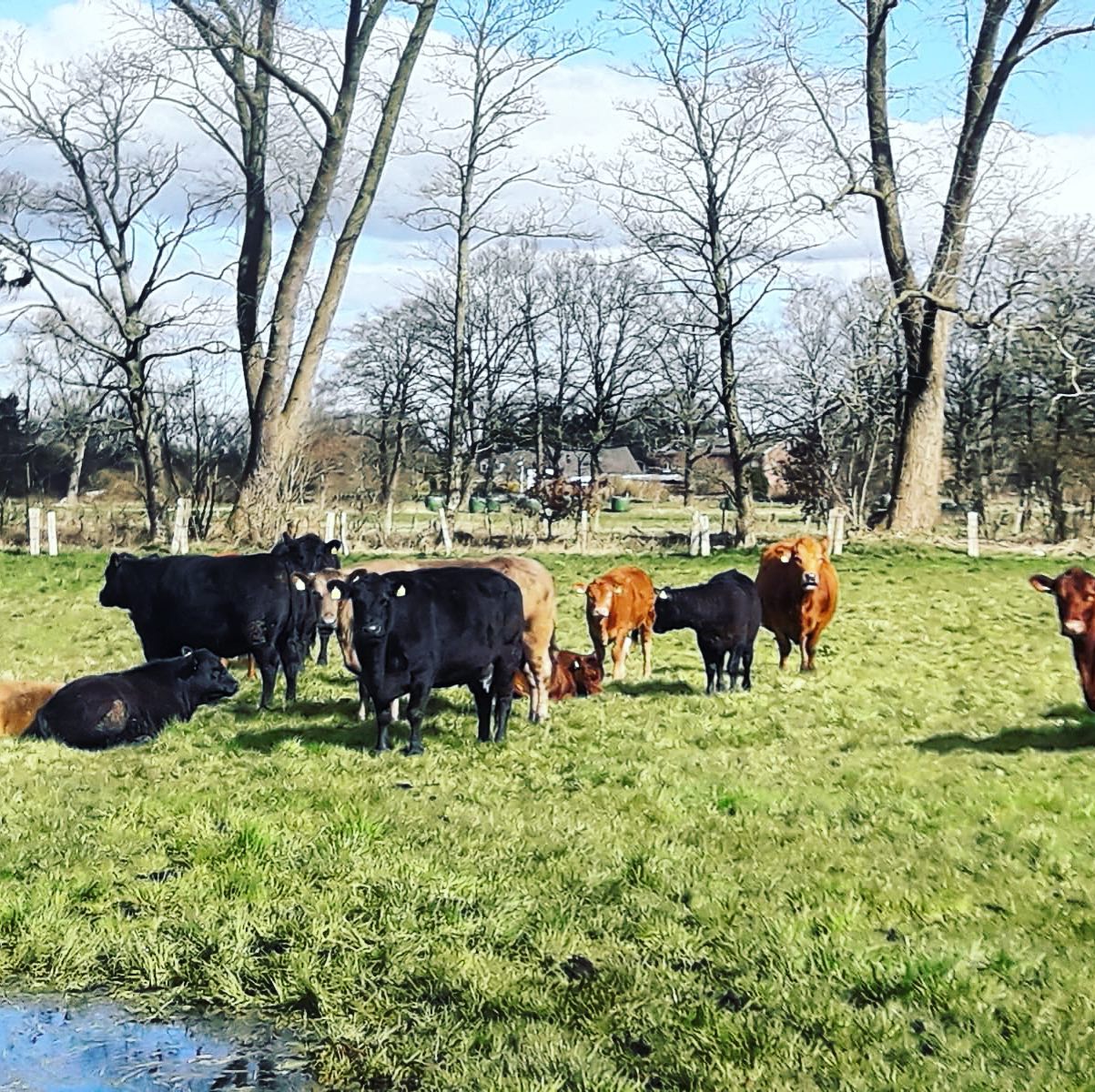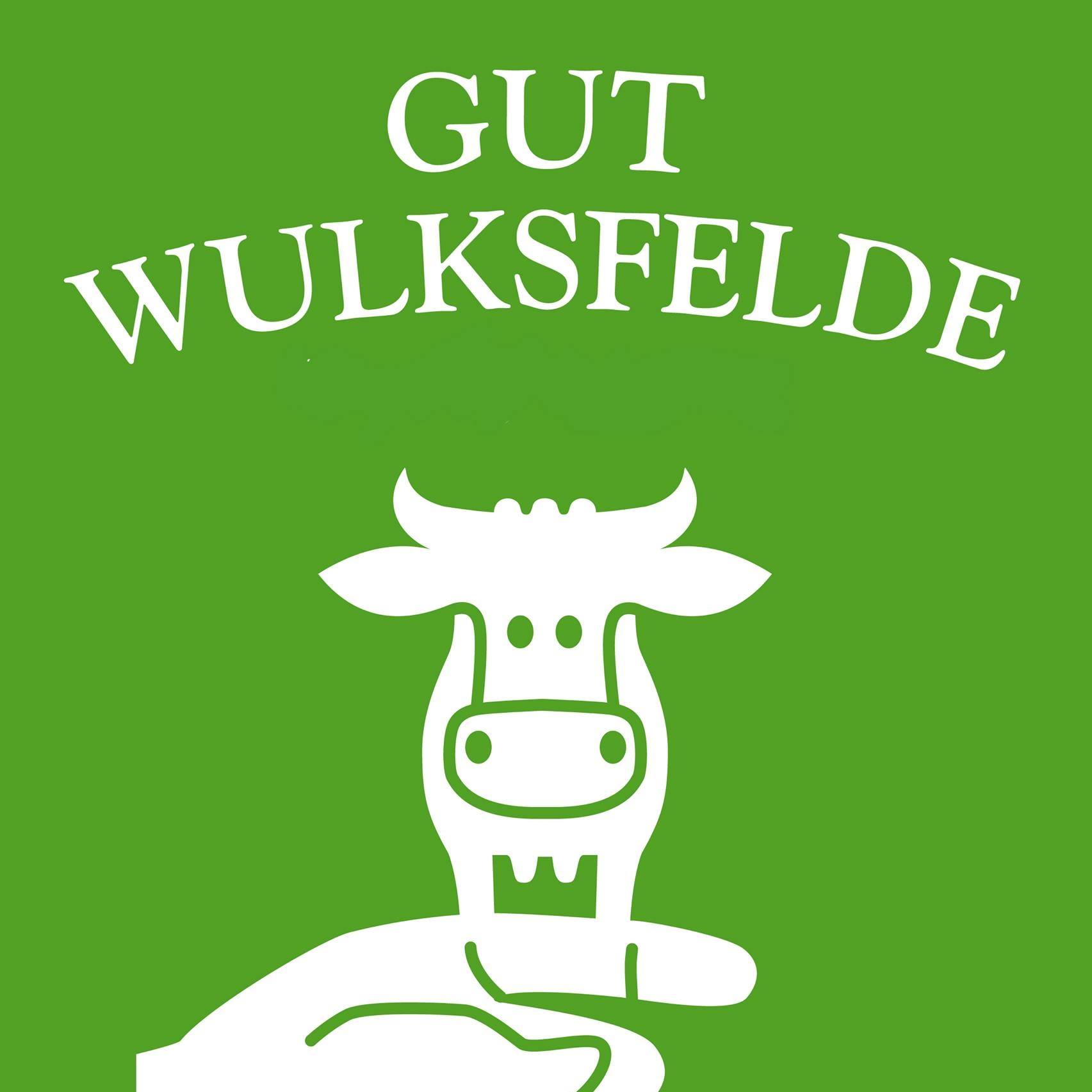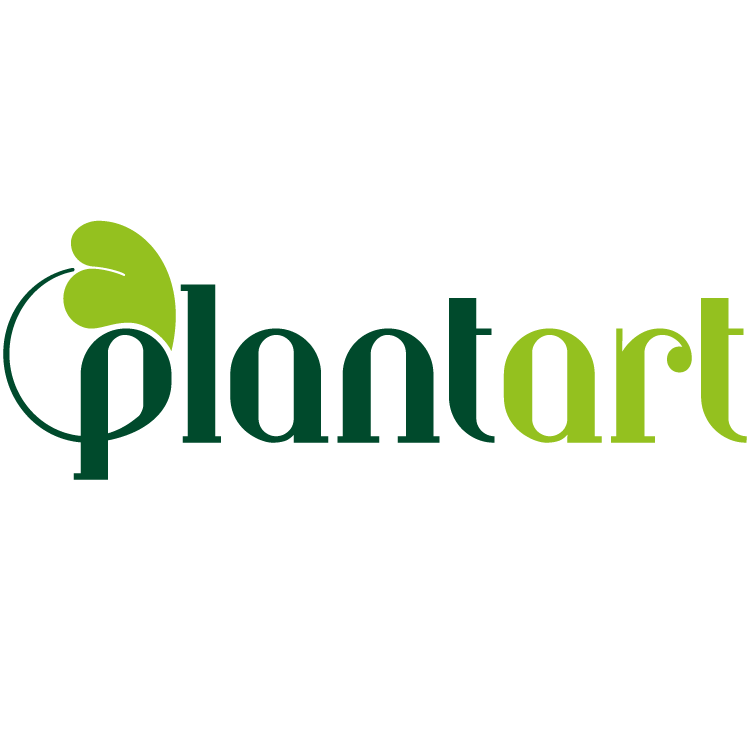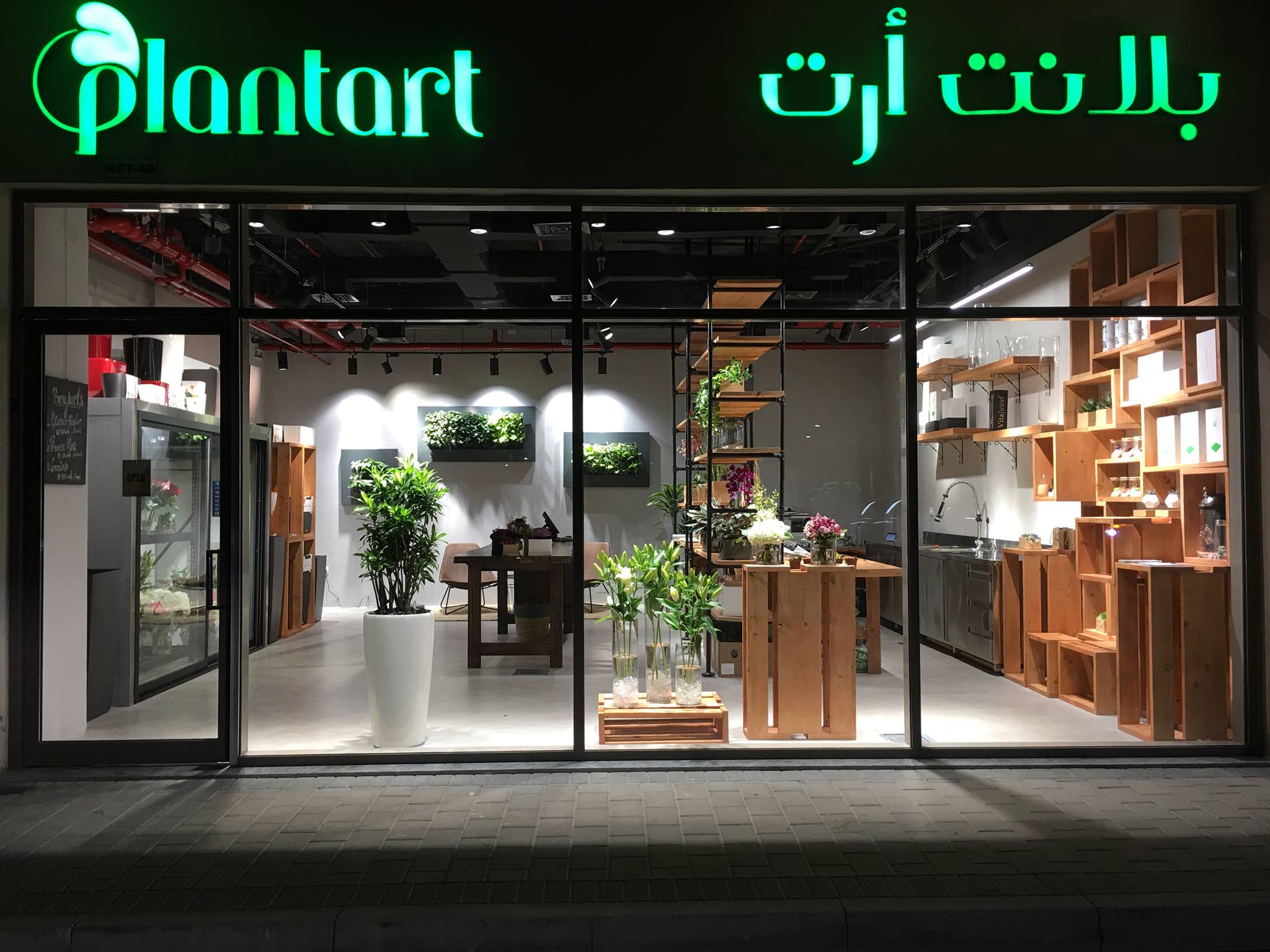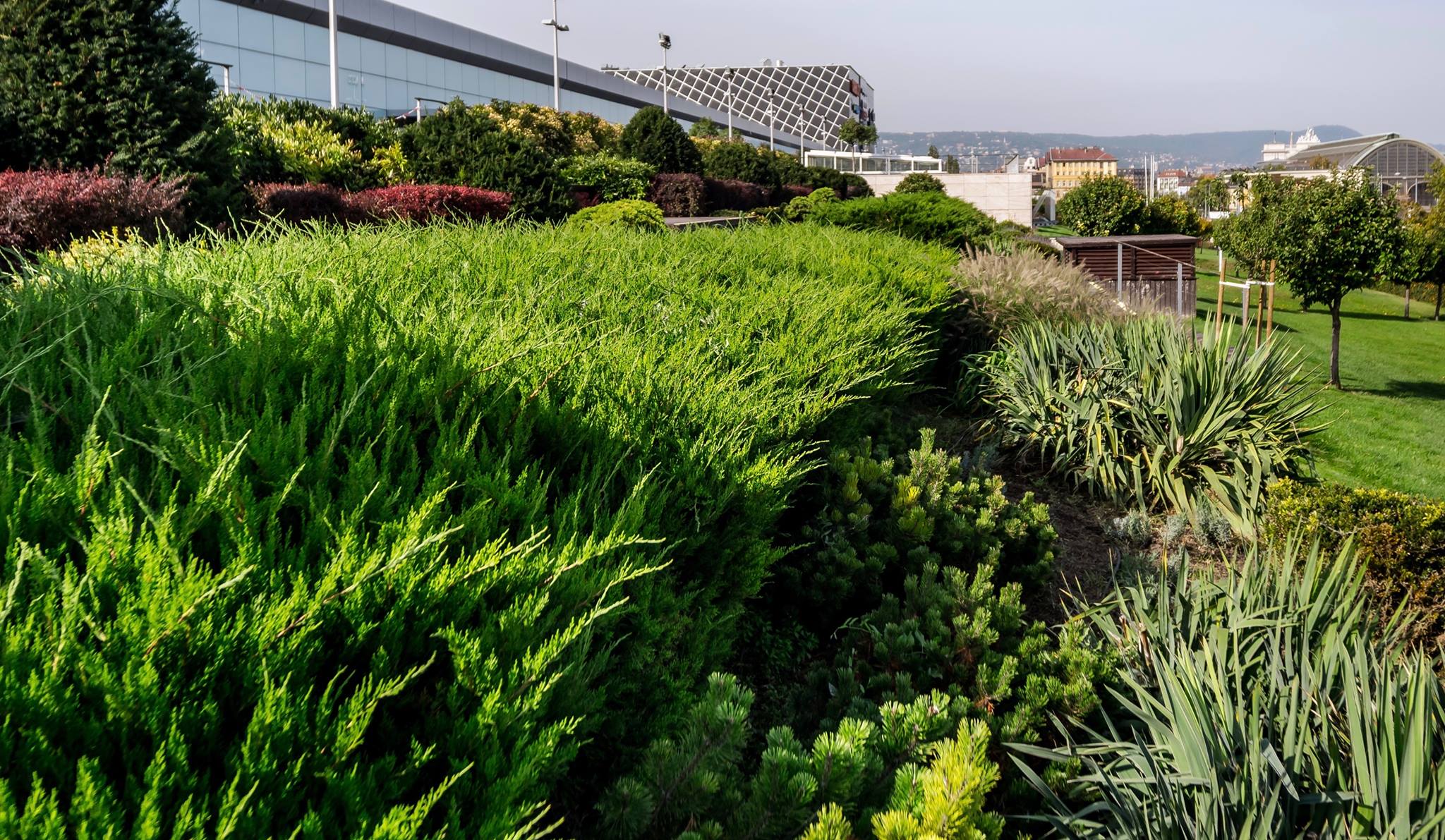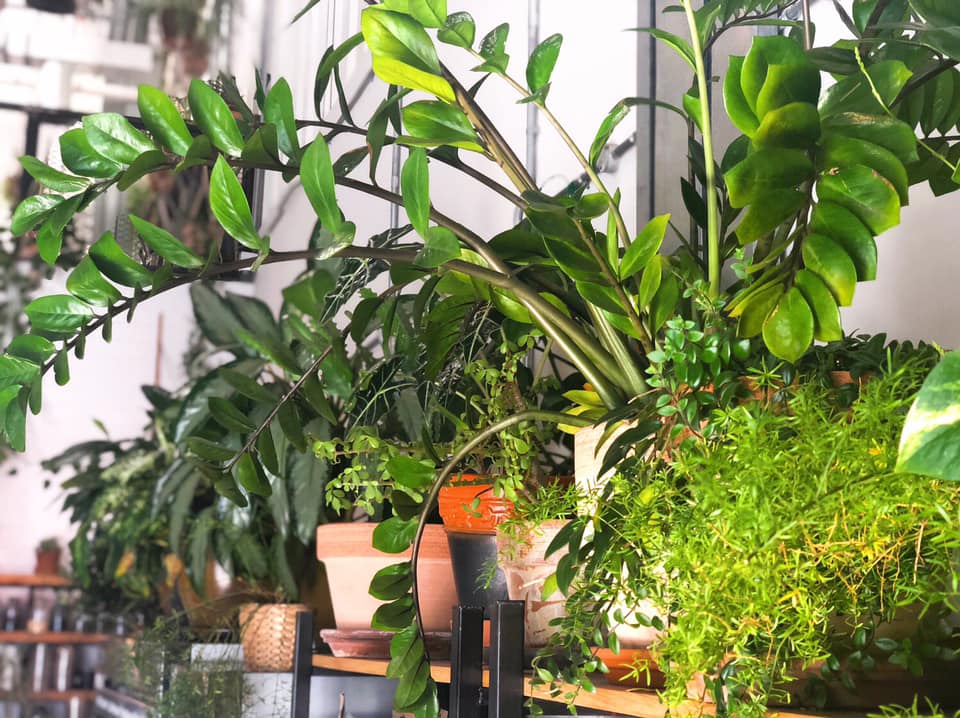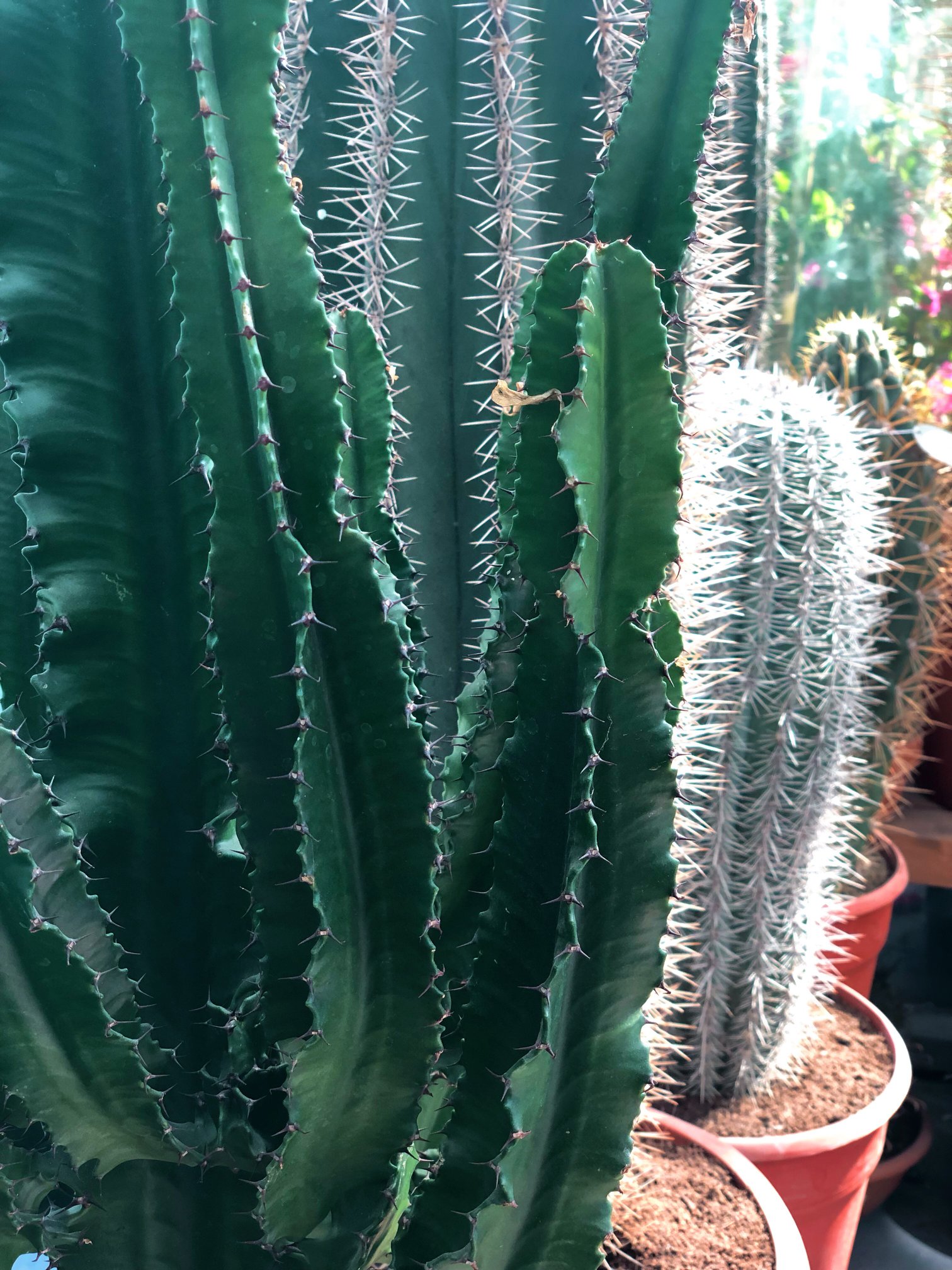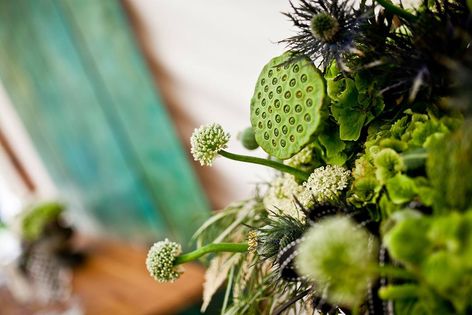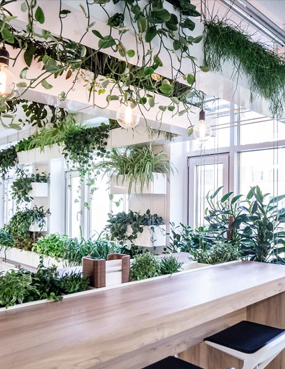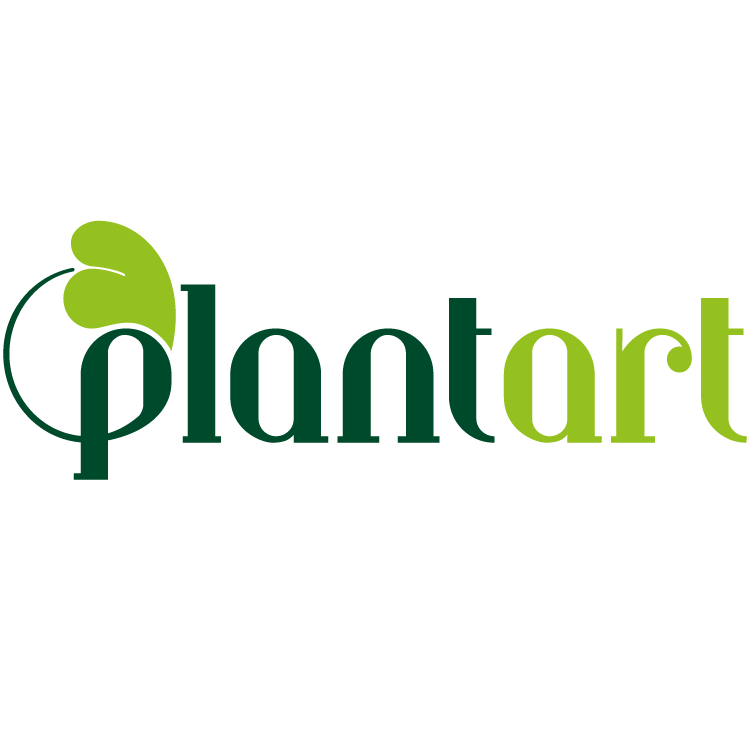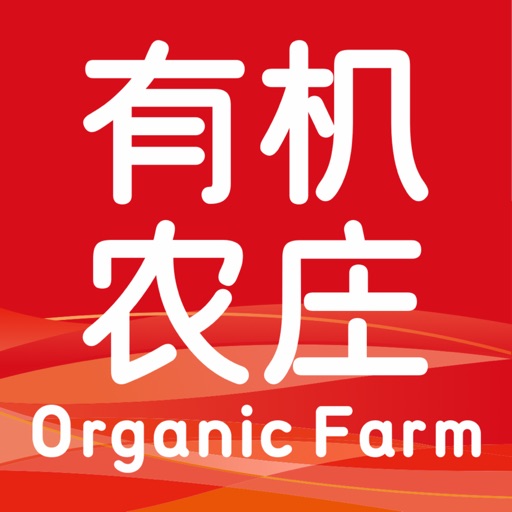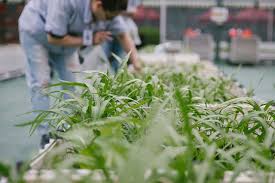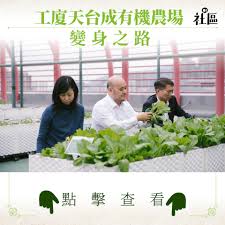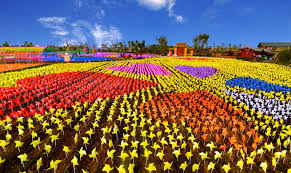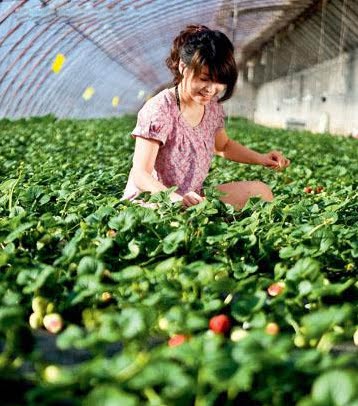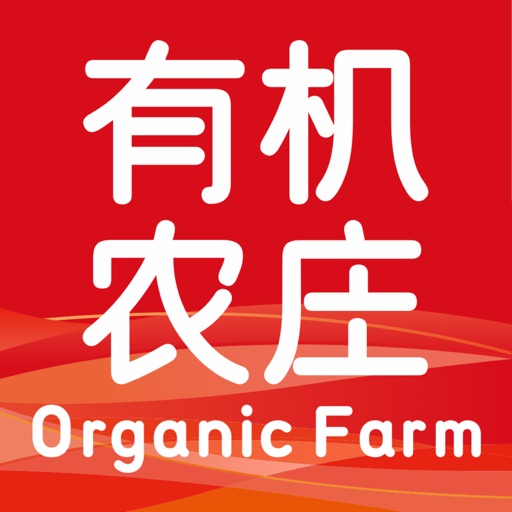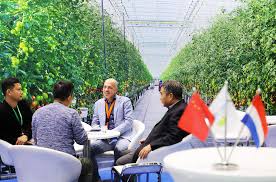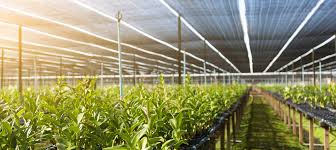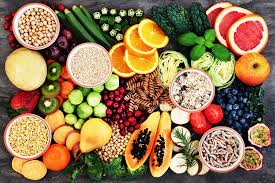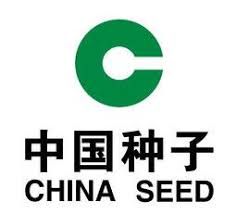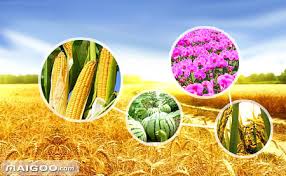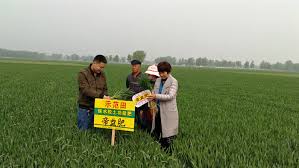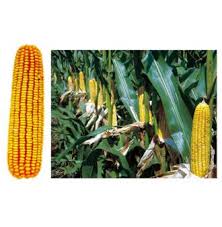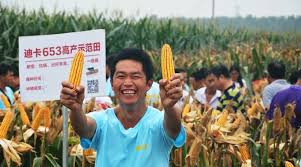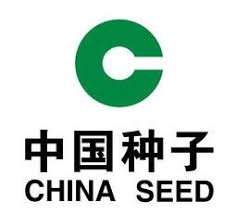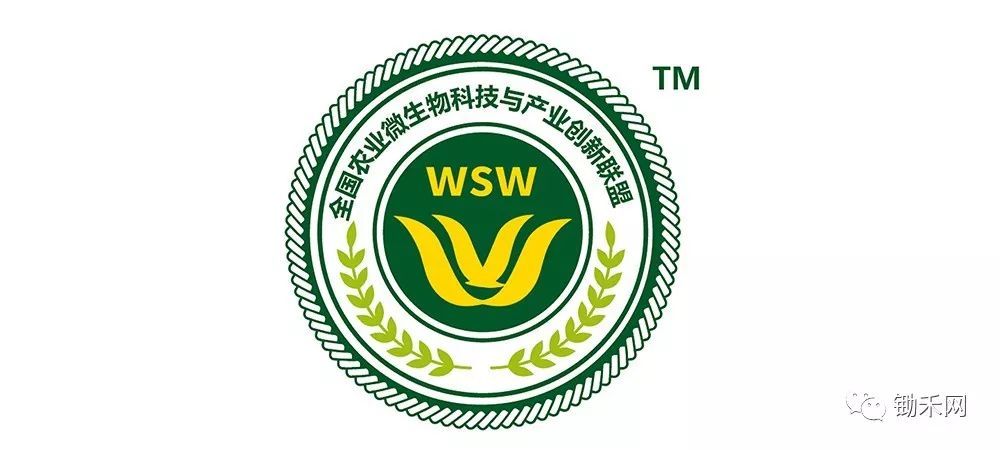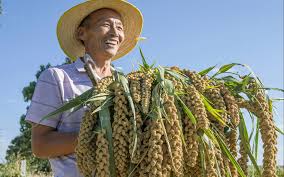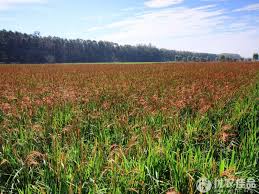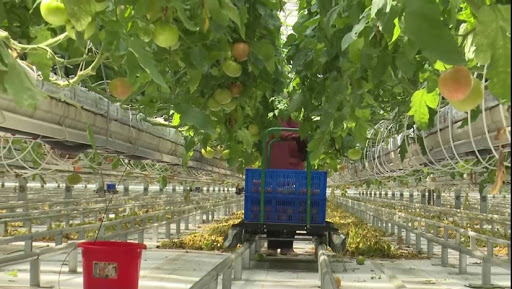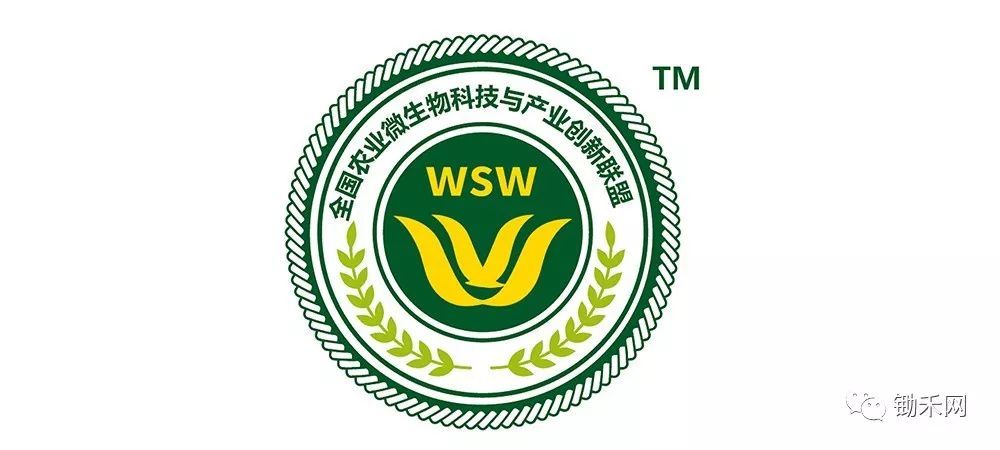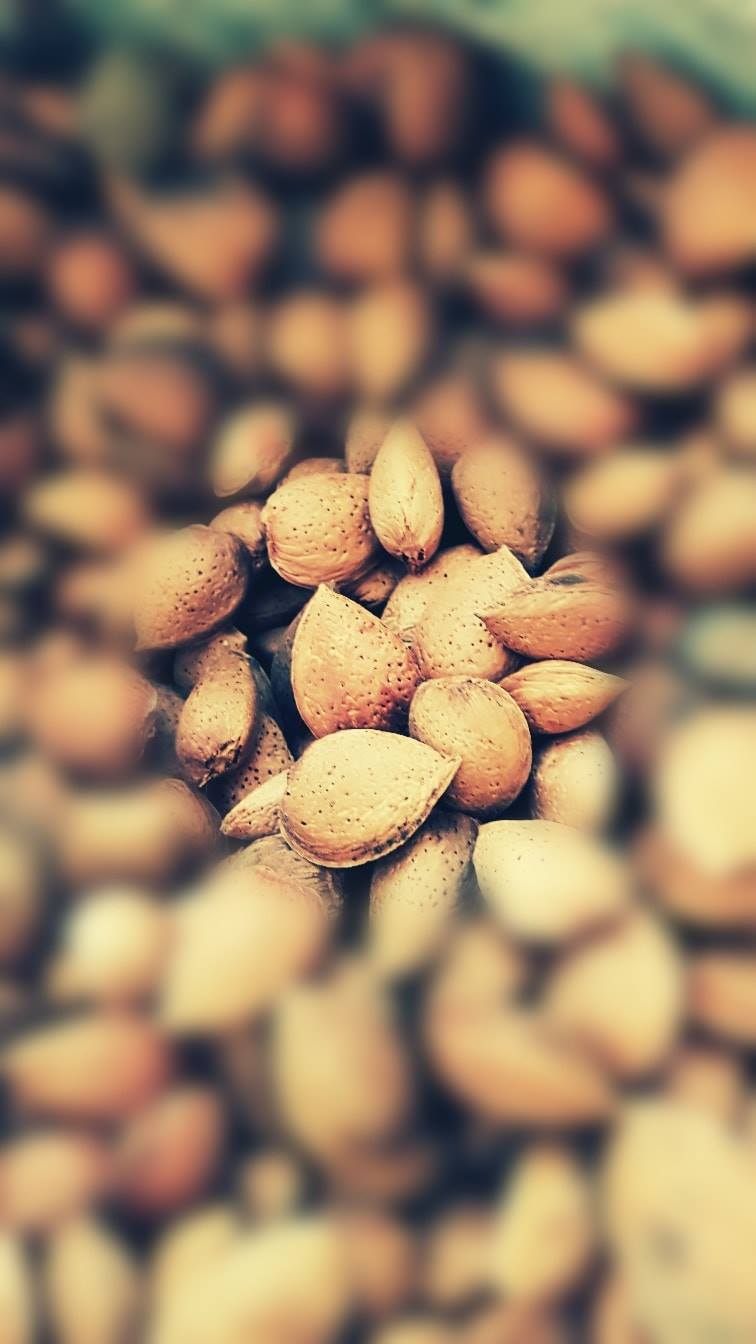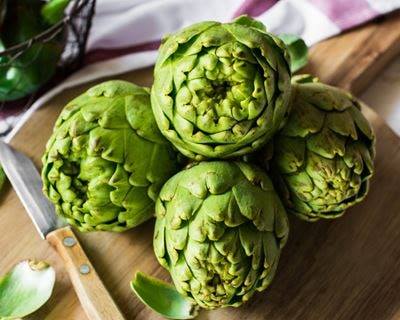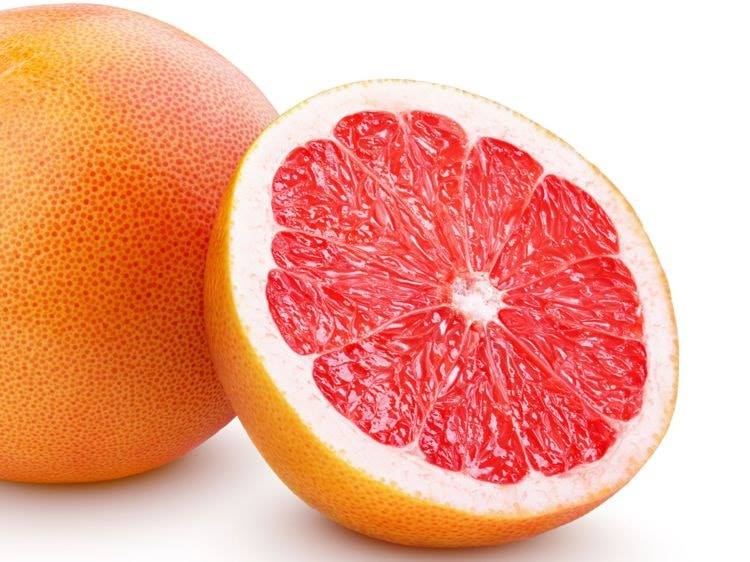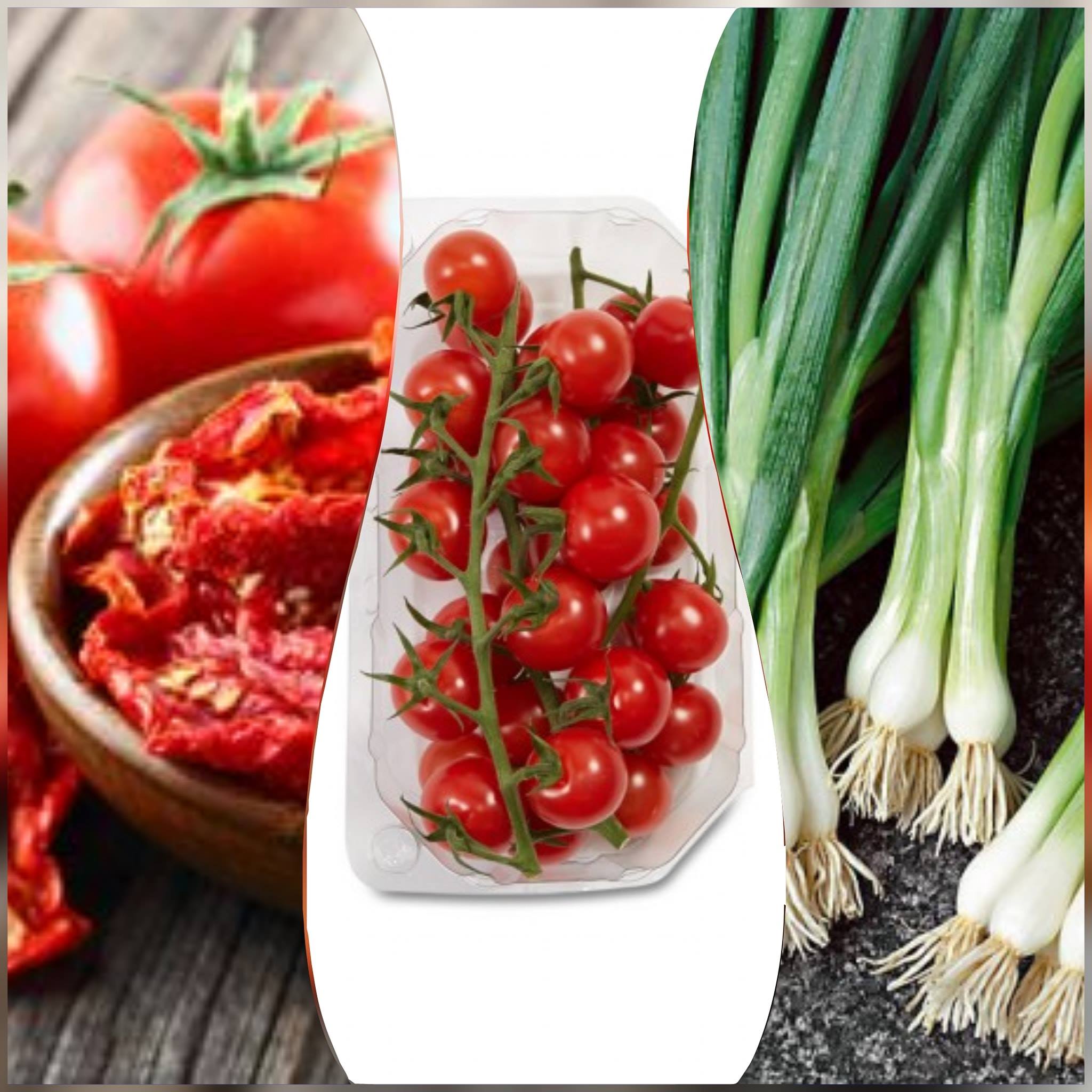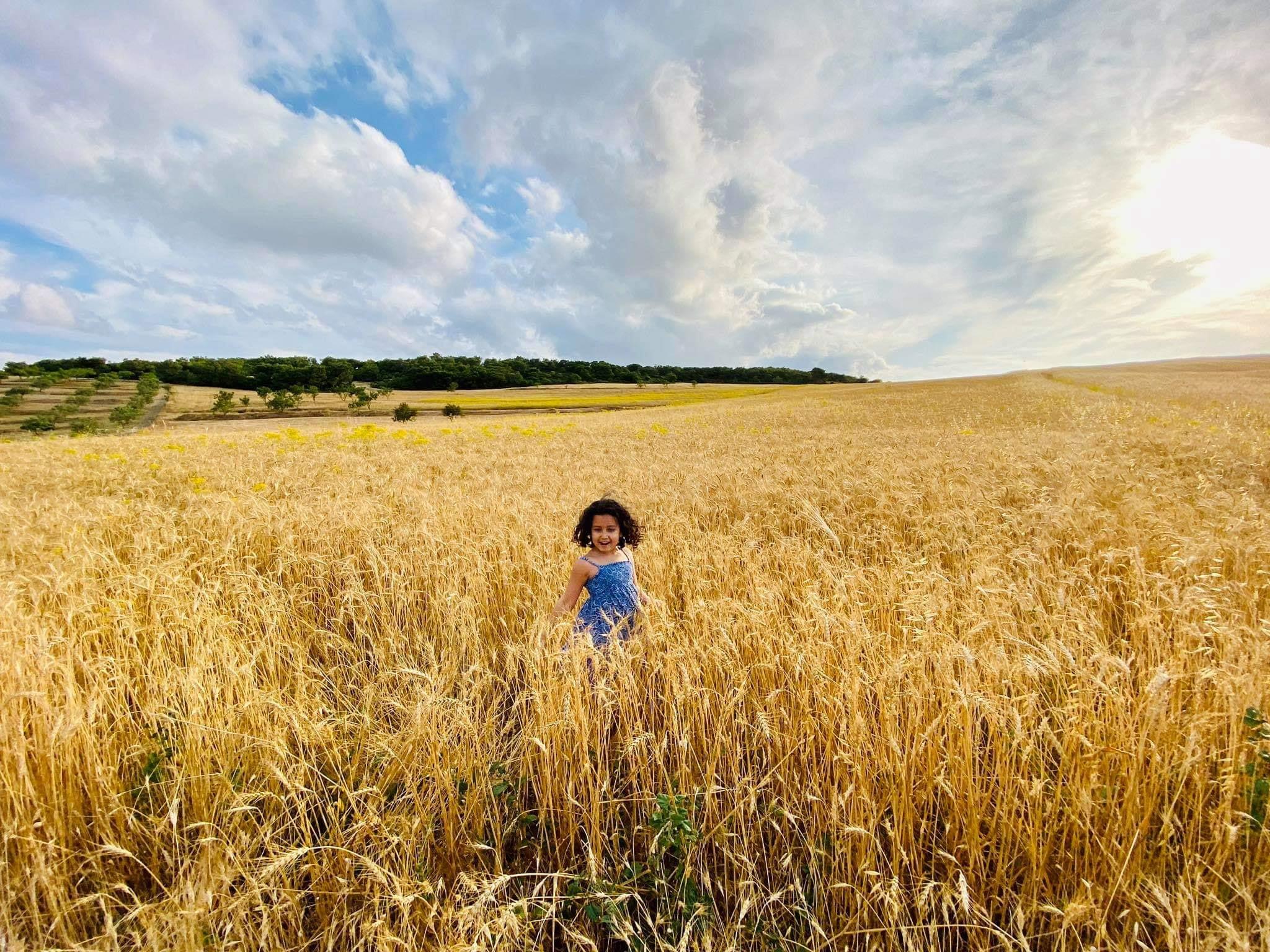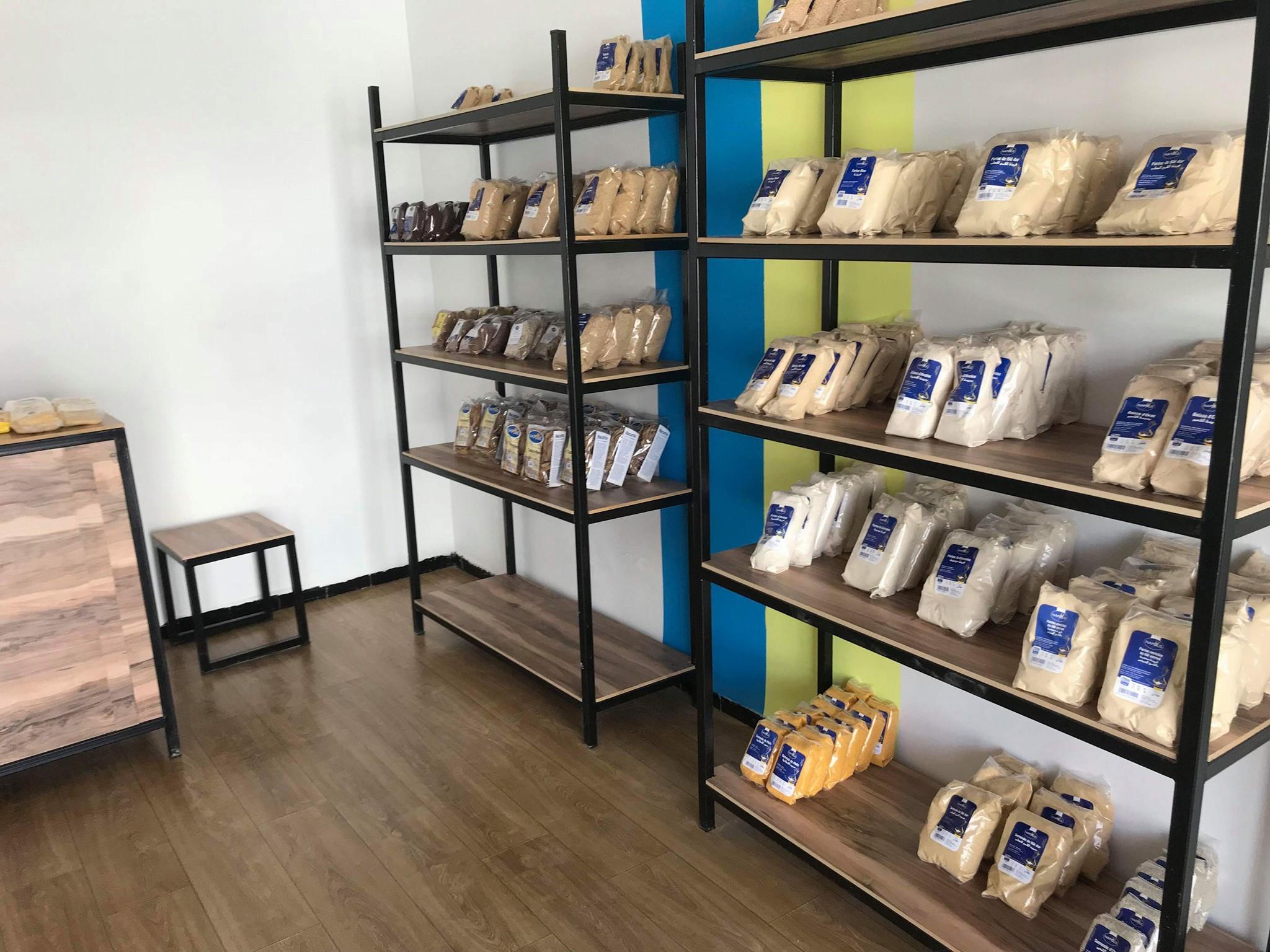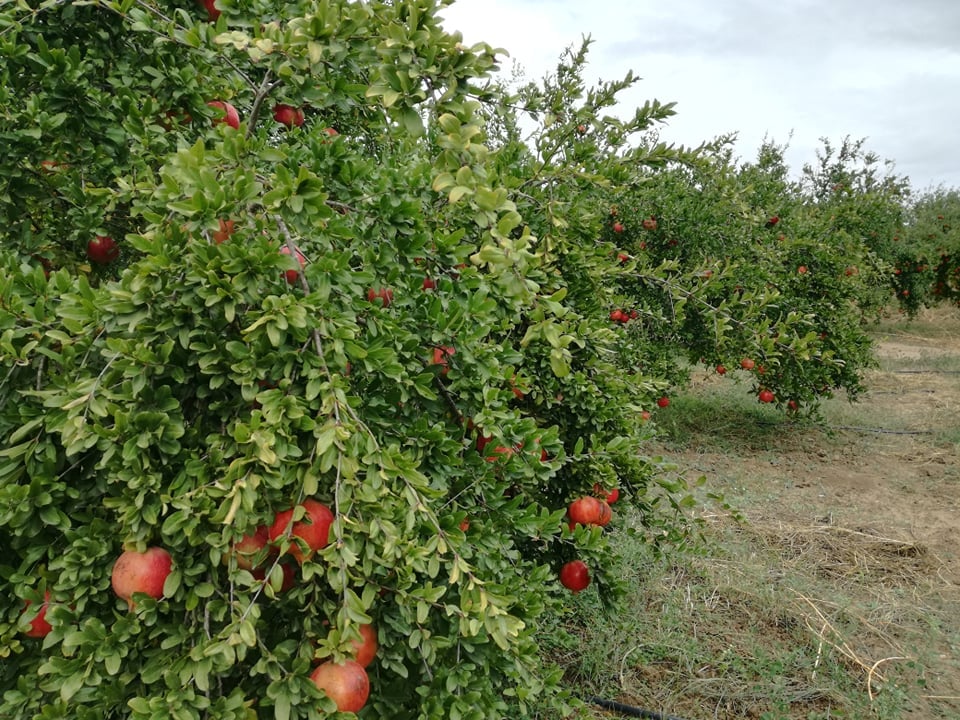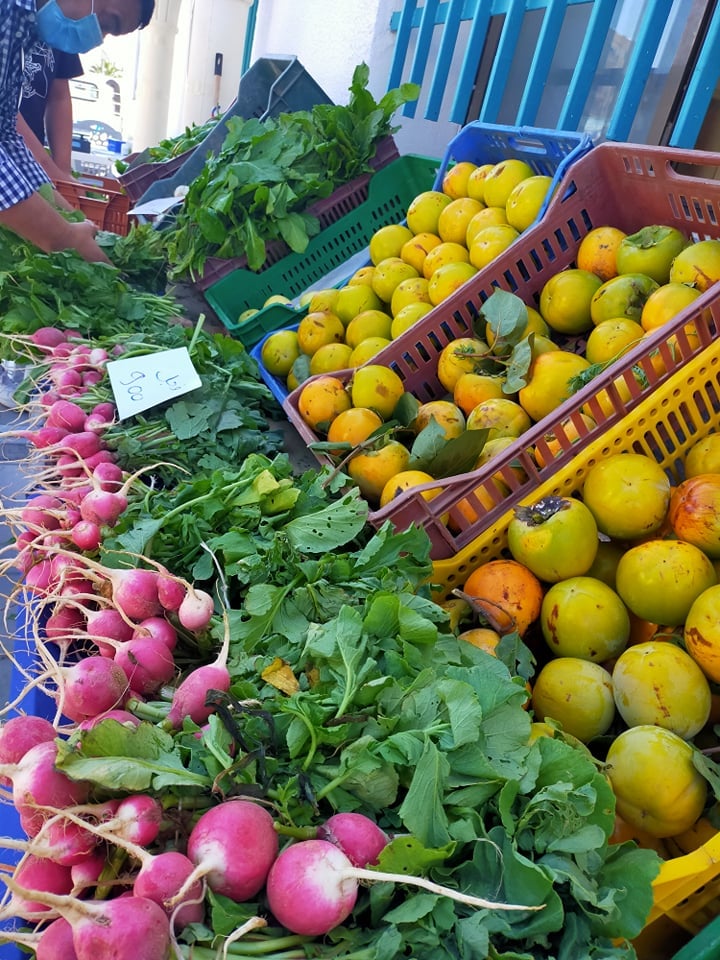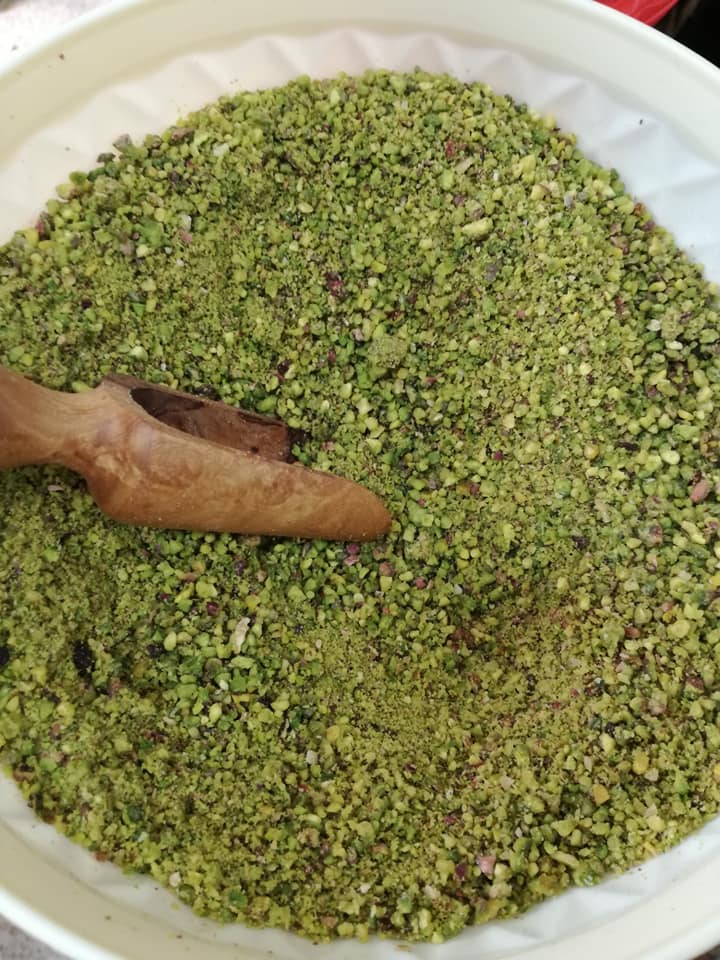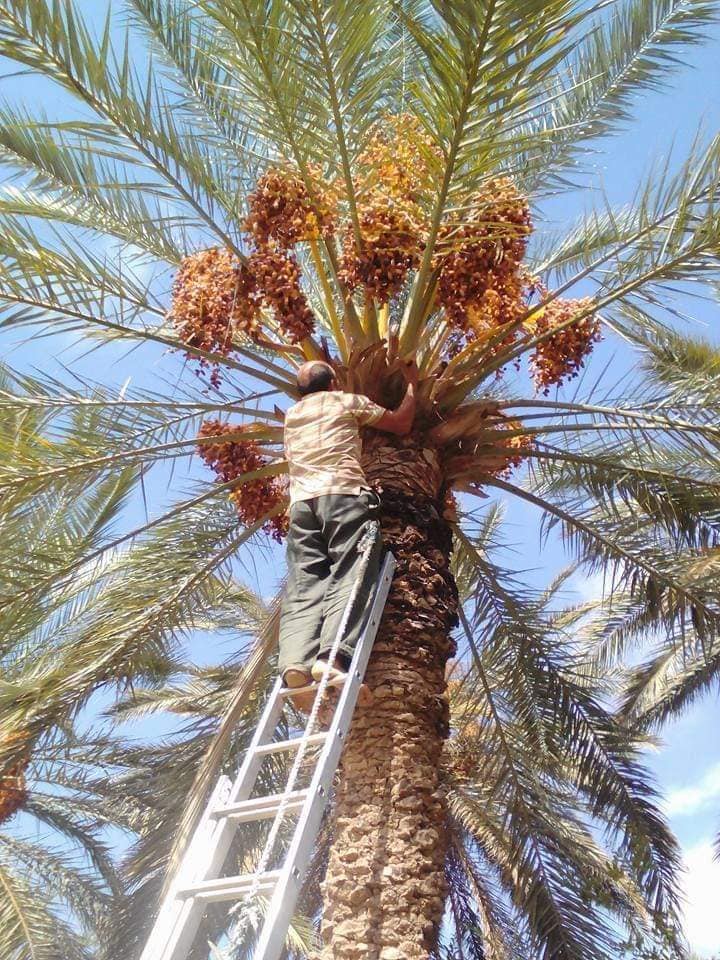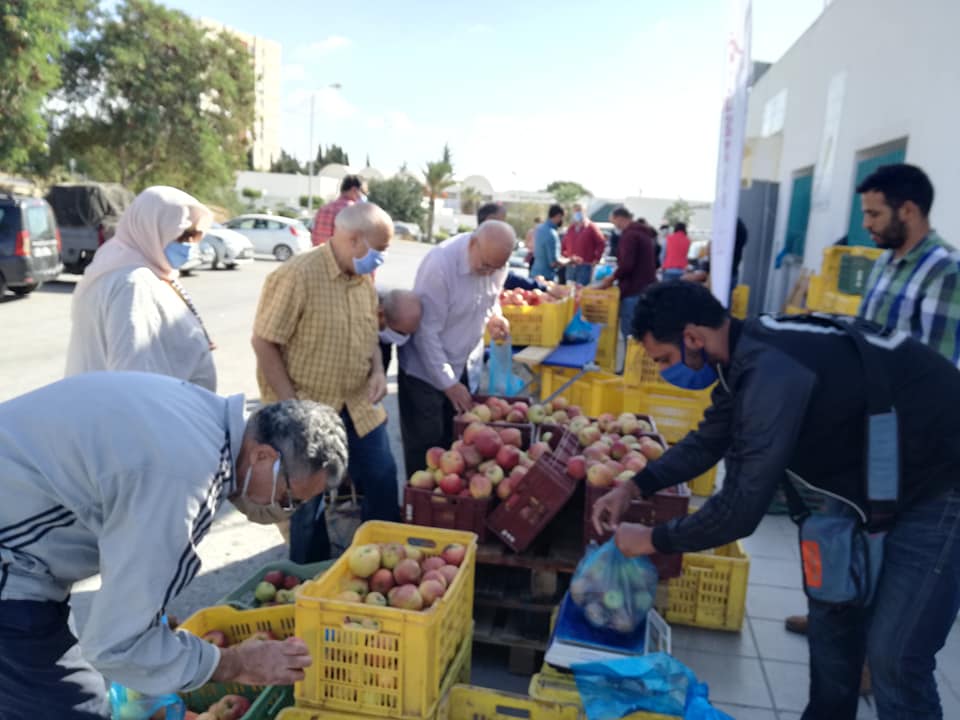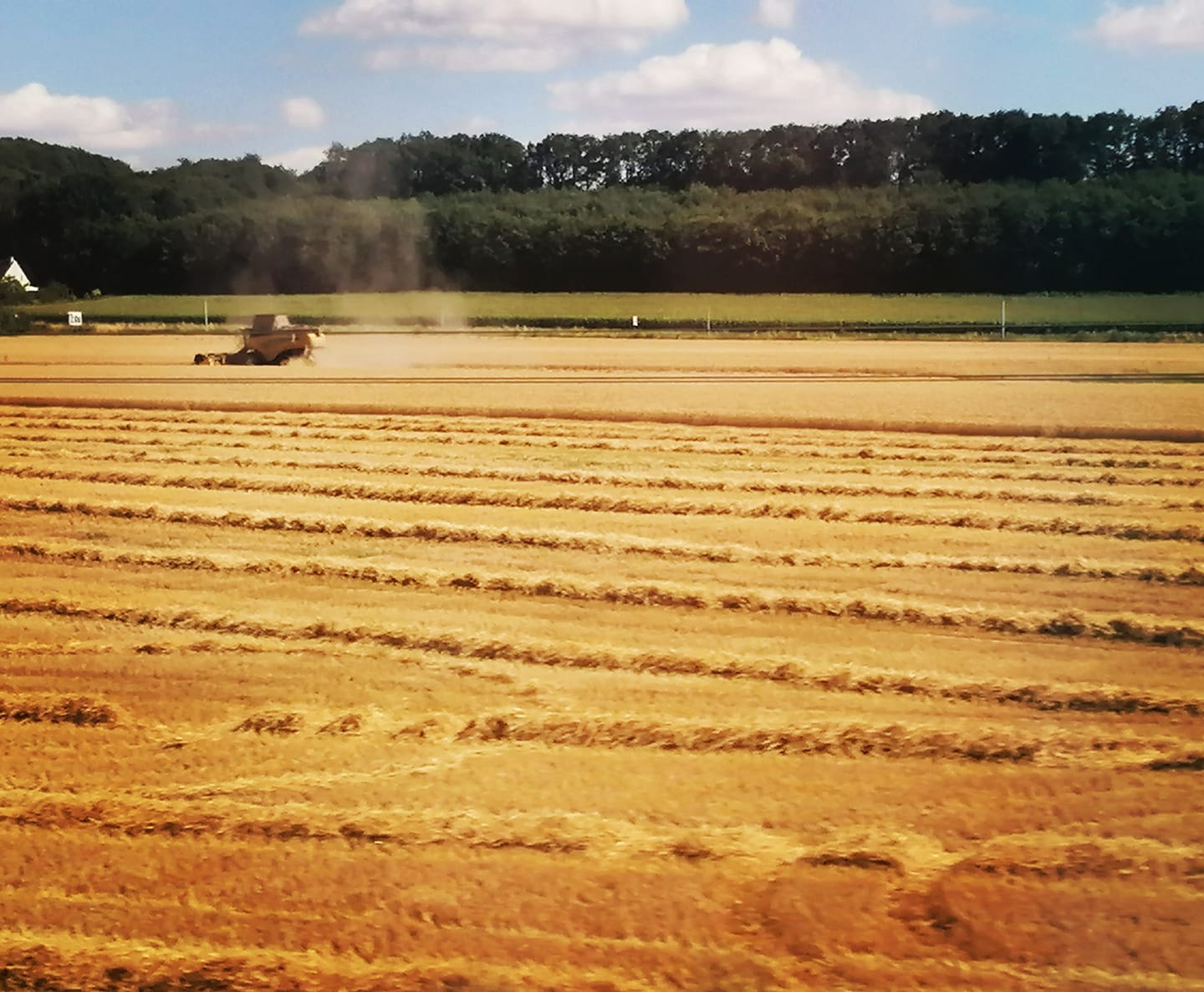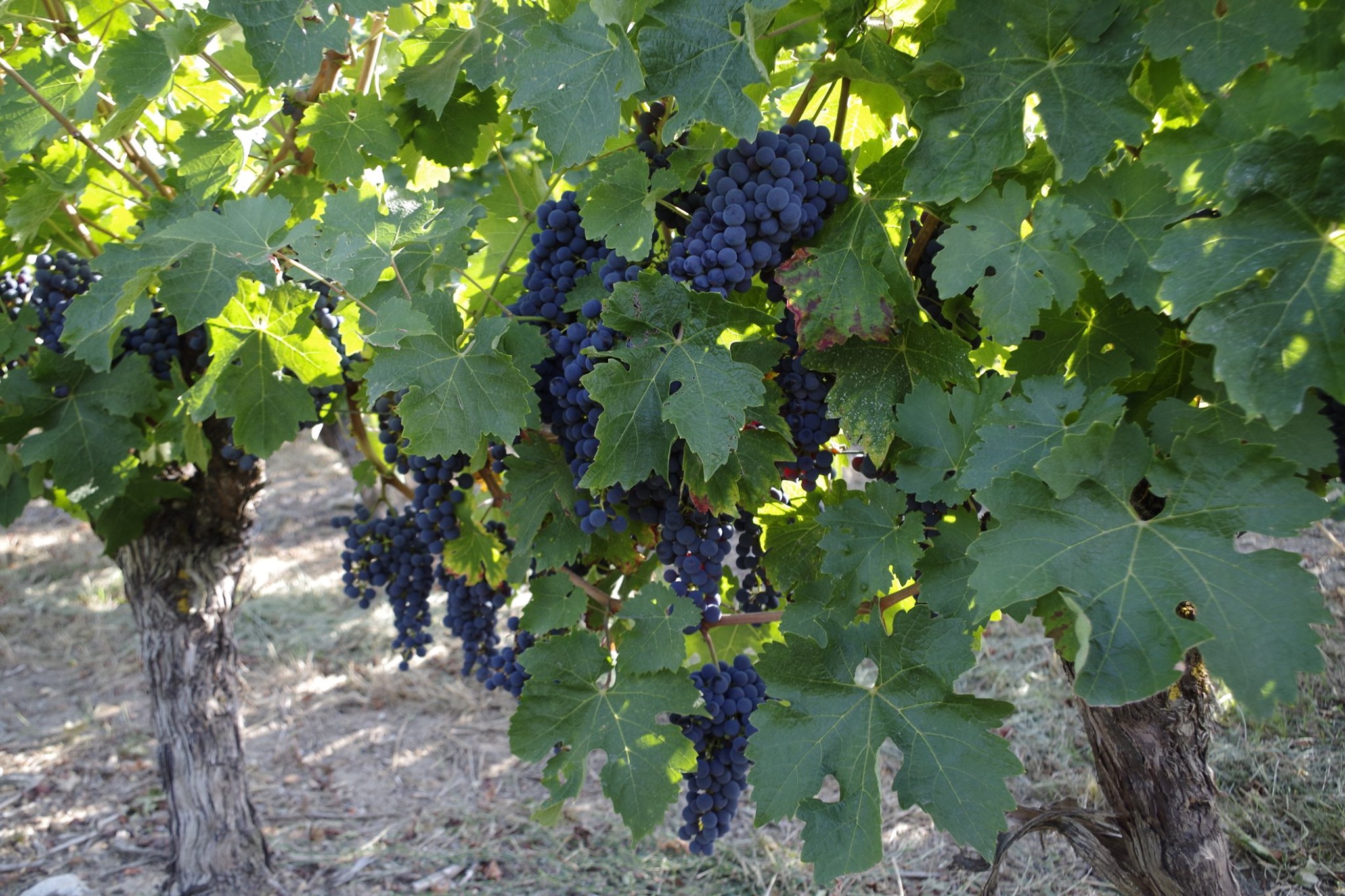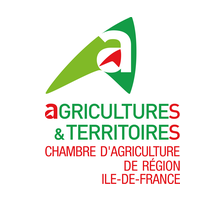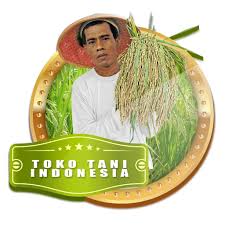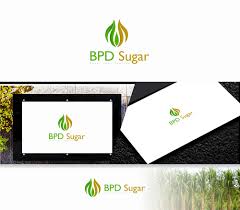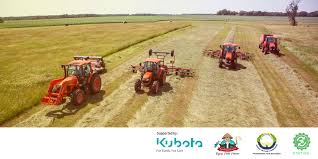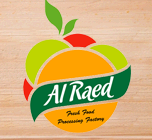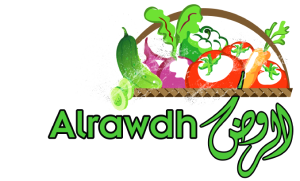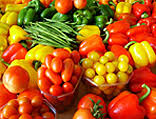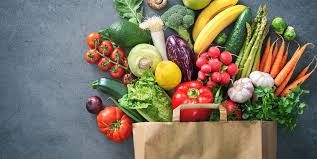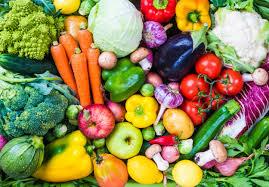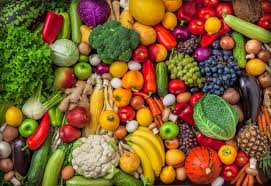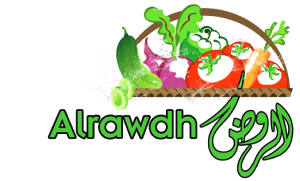Other Organic Farming in Hubb – Explore Sustainable and Eco-Friendly Farming Practices
Other organic farming in Hubb encompasses a variety of sustainable farming practices that go beyond traditional crop cultivation. These methods emphasize eco-friendly, chemical-free techniques that support the environment, enhance biodiversity, and promote healthier food production. Whether you are growing organic fruits, vegetables, raising livestock, or managing agroforestry systems, organic farming focuses on sustainability and long-term ecological balance. By adopting organic farming practices, you contribute to a healthier planet while reaping the benefits of high-quality, wholesome products.
Why Choose Other Organic Farming in Hubb?
- Diverse Practices: Organic farming includes a wide range of practices beyond crop cultivation, such as agroforestry, organic livestock farming, and aquaculture. These methods support biodiversity and enhance ecological balance.
- Sustainable Ecosystem: By avoiding synthetic chemicals and fertilizers, organic farming maintains soil fertility, conserves water, and reduces pollution, ensuring that farming practices are sustainable and kind to the environment.
- Higher Quality Produce: Organic farming produces food and goods that are free from harmful chemicals, resulting in healthier, tastier, and more nutritious products.
- Support for Local Ecosystems: Organic farming enhances local ecosystems by promoting biodiversity and providing habitats for beneficial insects, pollinators, and wildlife.
- Improved Soil Health: Organic farming techniques, such as composting, mulching, and crop rotation, improve soil health by enriching it with organic matter and preventing soil degradation.
Key Practices in Other Organic Farming in Hubb:
- Agroforestry: Combining trees and crops in agroforestry systems offers numerous benefits, including better soil conservation, improved water retention, and increased biodiversity. It supports both crop and livestock production while enhancing overall farm sustainability.
- Organic Livestock Farming: Organic livestock farming focuses on raising animals without synthetic hormones, antibiotics, or genetically modified feed. It emphasizes humane animal treatment and natural grazing practices to produce healthy, high-quality products such as meat, milk, and eggs.
- Aquaculture and Organic Fish Farming: Organic fish farming focuses on sustainable practices, ensuring fish are raised in clean, healthy environments without the use of chemical treatments. This includes managing water quality, feeding fish with organic feed, and maintaining natural habitats.
- Organic Beekeeping: Organic beekeeping promotes the health of bees by avoiding harmful pesticides and focusing on natural foraging areas. Organic honey and beeswax are harvested sustainably, providing high-quality products that support pollination and biodiversity.
- Composting and Soil Health: Organic farming promotes the use of composting to enrich soil, recycle nutrients, and improve soil structure. This practice supports healthy plant growth and reduces dependency on chemical fertilizers.
Benefits of Other Organic Farming in Hubb:
- Long-Term Sustainability: Organic farming supports practices that maintain healthy ecosystems, protect natural resources, and promote long-term agricultural productivity without degrading the environment.
- Higher Profit Margins: Organic products often command higher market prices due to the demand for sustainably grown, chemical-free goods.
- Improved Market Access: Organic farming opens up access to niche markets and certifications that cater to environmentally-conscious consumers.
- Increased Resilience: Organic farming systems are often more resilient to climate change and environmental stressors due to their diverse, natural approach to farming.
Embrace Other Organic Farming in Hubb for a Sustainable Future!
If you're ready to explore other organic farming practices, Hubb offers a variety of opportunities to start or expand your sustainable farming endeavors. From organic livestock farming to aquaculture and agroforestry, the benefits of organic farming extend far beyond crop cultivation. Begin your journey today and be part of a movement that prioritizes the health of our planet and its people.




































 Post ad
Post ad 




